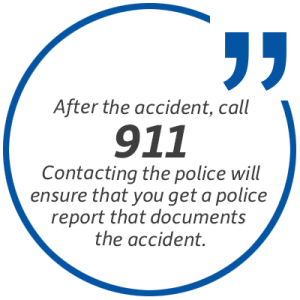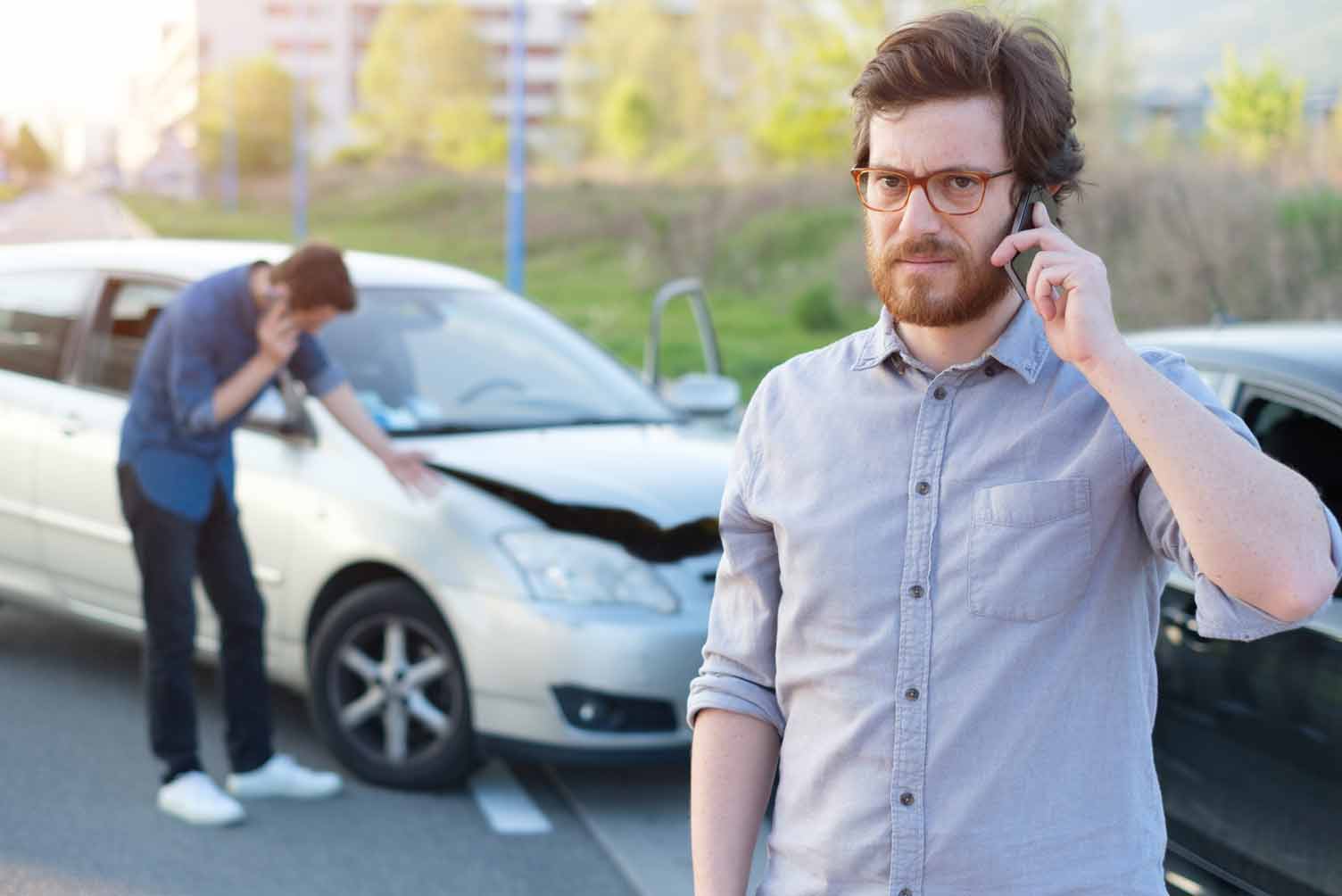Fender-benders. Minor accidents. Low-speed collisions. These are all labels we give accidents that don’t involve a fatality or a catastrophic injury, but perhaps these labels are insufficient.
After all, every accident can leave an impact, both financially and physically. Some would even say there is no such thing as a minor accident because all car accidents are disruptive and damaging in their own ways.
Although some accidents may be described as trivial, the fact is that “minor” accidents can lead to delayed symptoms of serious injuries, financial expenses, missed time off work, and both physical and emotional pain.
Let’s take a look at the key considerations you need to consider when deciding whether or not to sue for a minor accident.
What Is a Minor Accident?
Typically, a “minor accident” is one in which there is no death or catastrophic injury. This is often because they occur at a low rate of speed, causing minimal damage to vehicles.
Common injuries from minor accidents include soreness, stiffness, whiplash, and bruising. Police may or may not be called to the scene of a minor accident, but these accidents can end up causing financial and physical repercussions later.
Examples of minor car accidents may include:
- Getting rear-ended at a stoplight by someone who was stopped but thought the light turned green
- A bumper-to-bumper scrape in a parking lot
- A minor sideswipe at a low speed while changing lanes
As long as the vehicles can still be driven safely after the accident and there are no major injuries, the accident can be categorized as “minor.” But this category doesn’t mean that the accident doesn’t cause headaches, pain, and damages for the drivers and passengers involved.
What to Do After a Minor Accident

Can you sue after a car accident? Yes, but there are some important steps that you must take before it ever comes to that.
Your first step should be to move the vehicles out of traffic. Contacting the police will ensure that you get a police report that documents the accident, but sometimes, police are not called when the accident is minor.
Exchange contact information and car insurance details with the other driver. You’ll need to get their name, driver’s license number, insurance information, phone number, and address. Provide them with the same information about yourself.
Document any vehicle damage with photos and video. You should try to capture:
- Footage and pictures of your car
- Footage and pictures of the other car
- Up-close pictures of any damage
- Wide shots that get the full scene
Finally, seek medical attention, even if you feel like you are relatively unharmed. This appointment can be used as a baseline to determine your medical state immediately after the accident in case things change in the hours, days, and weeks that follow.
Notify your insurance company about the accident, even if you do not plan to file a claim immediately.
Deciding Whether or Not to Sue
Whether or not to sue after a minor accident depends on several factors, including:
- The extent of your injuries
- Amount of property damage
- The amount of insurance coverage available
- Who was liable for the accident
First of all, if your injuries were more serious than you initially thought, you may need to take legal action to recover damages. For example, you may only experience some minor stiffness right after the accident, but this could turn into serious headaches and decreased mobility over the next few weeks. This indicates a serious case of whiplash that wasn’t immediately noticeable at the time of the accident.
In a situation like this, the more documentation you have of medical bills, lost wages from being unable to work, vehicle repairs, and other expenses, the more likely you are to be able to recover damages from the liable party.
If their insurance coverage does not fully cover your expenses, a lawsuit via a personal injury attorney may be your next best step.
What Damages Are Available After a Minor Accident?
Two main categories of damages are available in a car accident lawsuit: economic and non-economic.
Economic damages cover monetary losses, such as:
- Property damage
- Cost of repairing your car
- Medical bills
- Lost income
- Rehabilitation costs
- Emergency transport costs
- Prescription medications
Non-economic damages may include:
- Changes in your physical abilities
- Emotional trauma
- Loss of enjoyment of life
- Pain and suffering
- Decrease in your quality of life
An experienced personal injury attorney can help to assess an appropriate amount to request in damages that takes into consideration your unique circumstances.
Indiana’s Statute of Limitations
Indiana has a statute of limitations that lasts two years from the date of your accident. Unfortunately, you are out of luck if you don’t file within two years.
By taking prompt legal action, you increase your chances of getting appropriate compensation for your losses.
If you were the liable driver in an accident, you may wonder, can someone sue you for a minor car accident? The answer is yes, but they must do so within this two-year time frame.
Crossen Law Firm: Indianapolis Car Accident Lawyers
Whether or not to sue after a minor accident is a big decision. We commit to offering our clients meaningful and useful guidance on their options.
If filing a lawsuit is the best path toward recovering damages, your Indianapolis car accident attorney can help you understand your options and determine the best next steps. If you were someone involved in a minor fender bender claiming an injury, our car accident lawyers can help. By seeking legal counsel early on, you put yourself in the best possible position to demand fair compensation for what you have experienced.
Contact us at Crossen Law Firm to get a free case consultation – 317-401-8626.

 317-401-8626
317-401-8626 
.jpg)